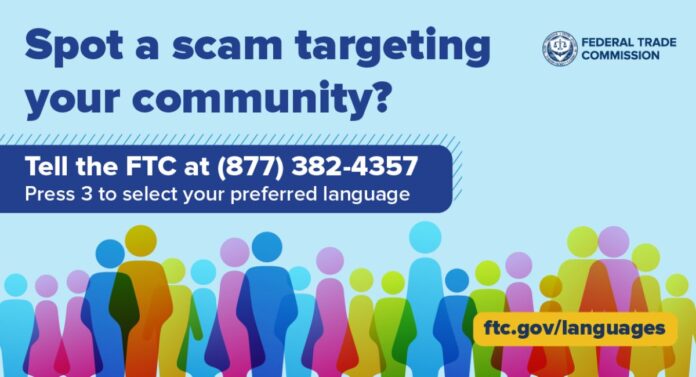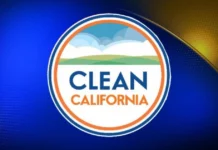Vidya Sethuraman
India Post News Service
Ethnic Minority Media (EMS) and the Federal Trade Commission (FTC) recently held a media briefing to discuss how the commission can break through language barriers to reach consumers affected by fraud.
Currently, the FTC not only accepts reports in English and Spanish, but also accepts scam reports in Chinese, Arabic, Vietnamese, Korean, Somali, Filipino Tagalog, Russian, Polish, Portuguese and other languages. Victims can report fraud, scams and bad business practices by calling 877-382-4357 from 9 a.m. to 5 p.m. ET, pressing 3 for a list of languages.
Monica Vaca, Deputy Director of the FTC’s Bureau of Consumer Protection, said scammers speak the victim’s native language to make it easier for them. To end this, the FTC’s call center telephone services are adding multilingual services to expand the ability to serve more communities, especially those who are more comfortable speaking languages other than English or Spanish.
You can follow the prompts to select a language and speak to an interpreter. Once a victim reports a scam or any bad business practices, they will receive next-step reminders in their native language.
Larissa Bungo, Senior Attorney in the FTC’s Bureau of Consumer Protection, encourages people to call and report. Even if people have not been deceived or lost money, they can still report suspicious text messages, emails, phone calls, etc. to the FTC. She said even if the whistleblower suffered no material losses, it’s possible that this type of fraud has victimized others.
The FTC’s goal is to collect as many types of scams as possible. Therefore, she encouraged the public to report more. In addition, the FTC provides free promotional information brochures to individuals and businesses, which can be ordered online with free shipping. The website is https://www.bulkorder.ftc.gov/. These brochures are easy to understand and are available in multiple languages, including Chinese.







